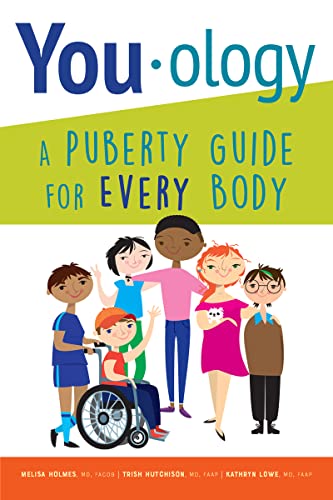Across the street lives a beautiful family: a nine-year-old boy, a four-year-old girl, and parents who spend a lot of time with them outdoors teaching them things. A lot of fun. A lot of love. I’ve enjoyed watching the kids grow up. I sometimes wonder what the kids will be like when they become teenagers.
Because I know another family who has a moody fourteen-year-old girl who spends a lot of time in her room with the door closed, texting her friends on her cell phone.
I’m sure the teen girl was a happy, loving kid not too long ago.
Puberty changes everything. And many parents don’t realize that the way they interact with their kids has to change, too.
The evolving desire for independence can be confusing and troubling, but that’s the destination of this moving train: total independence as an adult.
Their growing bodies are now capable of procreation, and young people feel the desire to have sex long before they’ll be financially and psychologically ready to care for a child. The scary consequence: unprotected sex can lead to pregnancy. And then what?
A child’s anxiety and stress that are a part of puberty is caused in part because they don’t know what’s happening to them. The bodies of their friends are changing, too, but at varying rates, and most of them are just as clueless about their new bodies and feelings.
Information about what’s happening would help. Kids need it and welcome it. But what’s a parent to tell them? Puberty isn’t a simple topic, and with gender diversity, it’s more complex than ever. What model do you turn to? Few parents received good information when they were young.
Help is on the way. I’ve discovered an excellent new book, You-Ology, written by two pediatricians and an Ob-Gyn doctor, published by the American Academy of Pediatricians. Here’s a review featuring an interview with the authors: “A New Puberty Guide for Kids Aims to Replace Anxiety with Confidence.”
Read this plain-spoken book and pass it along to your child at ate 11 or the first sign of puberty.

